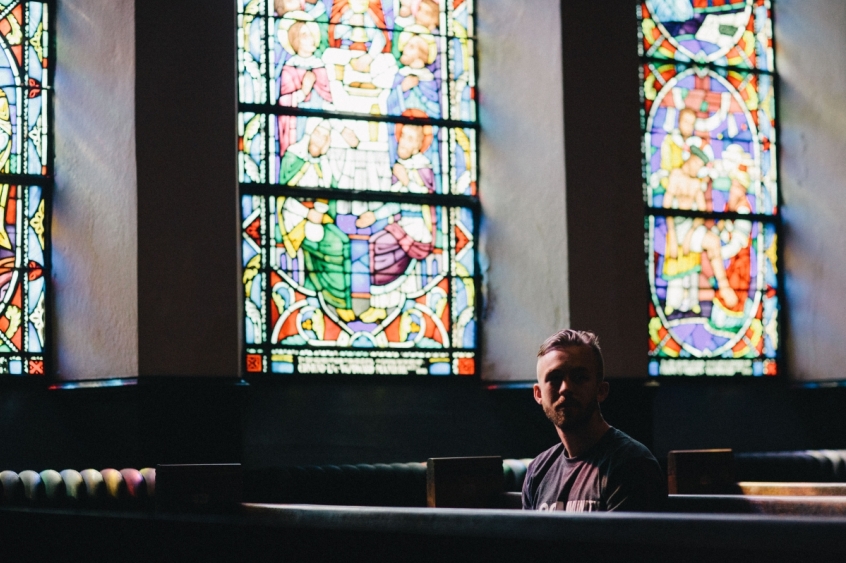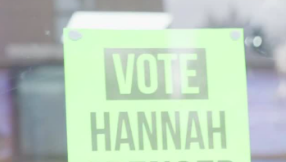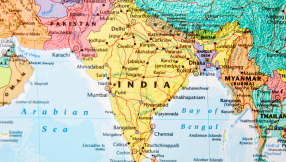The number of people who do not identify with any religion is at an all-time high in the United States as more and more people are leaving church, a new study has shown.
A quarter of adults say they have no formal religious identity, making it the largest faith bloc in the US. This is up from one in five in 2012 and the growth is set to continue with young adults three times more likely than over-65s to be a religious "none".

The trend is fed by a mass exodus from those who grew up in religious homes. Only nine per cent say they grew up in a non-religious household, with nearly one in five of Americans saying they converted from a religious background to become a "none".
Daniel Cox, PRRI's research director and a co-author of the study, said the US was not about to become a secular country but that it was "venturing into uncharted waters" in terms of religious identity.
"Historically most people consider this country a Christian nation, or a country where Christianity has been central. We may be entering a period where that is no longer true," he said.
The research released on Thursday by Public Religion Research Institute (PRRI) listed a number of reasons why people were leaving religion but the majority (60 per cent) said it was down to "a lack in belief in the teaching". Other reasons were a lack of religion within their family growing up (32 per cent) and experience of negative treatment or teaching of LGBT people (29 per cent).
The data also showed political preferences of nones "depart notably" from most other religious groups. A third are Democrats, just 12 per cent are Republican and the biggest preference by far is the politically independent who make up 48 per cent of religious nones.
But despite this largest religious group being three times as likely to support for Hillary Clinton over Donald Trump, this may not translate into votes as the research also highlighted that the religiously unaffiliated repeatedly did not turn out to vote.
In 2004 religious nones made up 14 per cent of the public but only 10 per cent of voters. This became 20 per cent of the public compared to 12 per cent of voters in 2012. PRRI said it was likely this group would fail to turn out in the upcoming presidential election as 26 per cent of religious nones said they were not registered to vote.
This compared to only 10 per cent of white evangelicals who were not registered to vote or 12 per cent of white Catholics.
"For me the big question is 'will this group come out in November and really throw their weight around?'" said Cox. "They could have considerable impact on the political direction of the country but have so far chosen not to do so."













